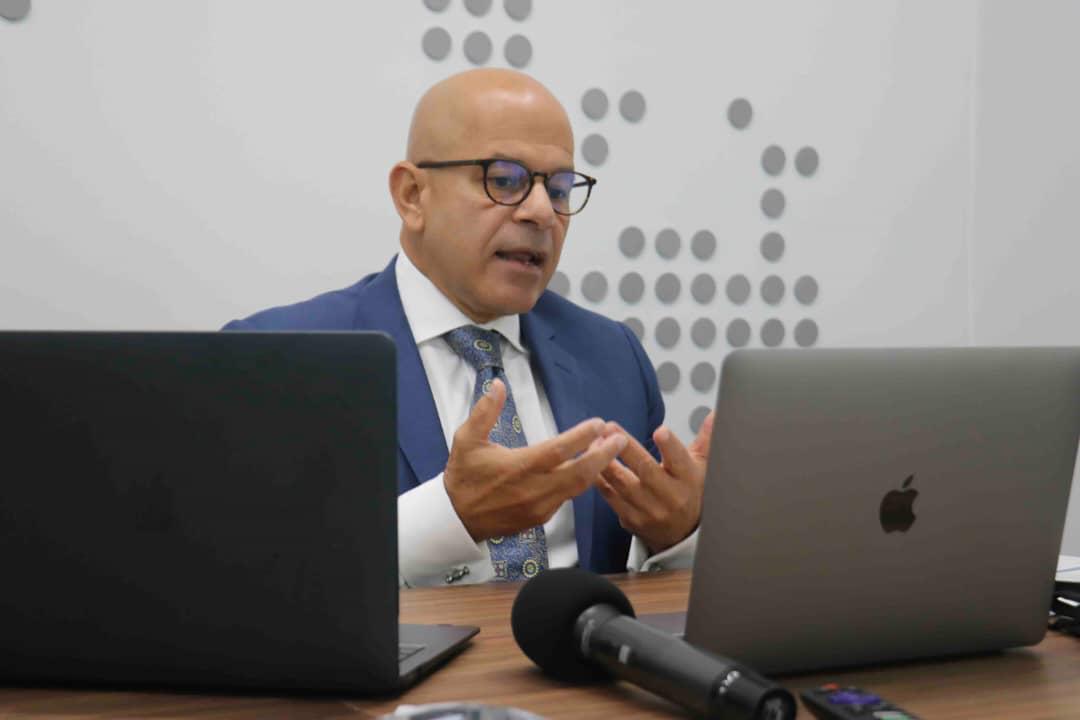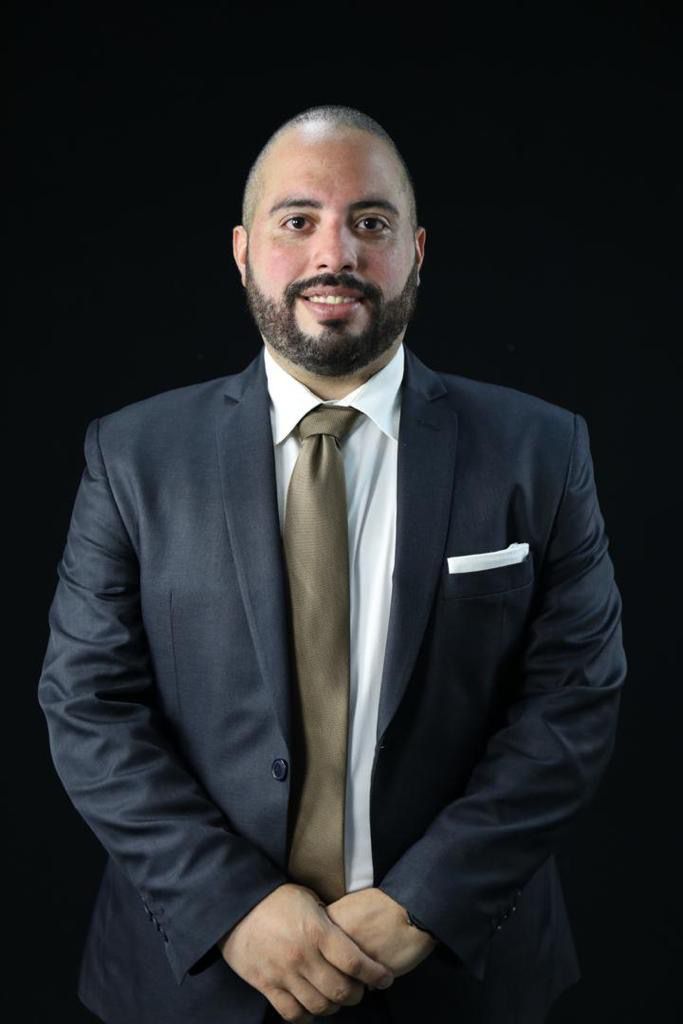Human Rights continue to be violated in Venezuela: Coalition for Human Rights

Human rights continue to be violated in Venezuela. Experts and lawyers who follow the situation of political prisoners in the country agree on this. The Human Rights Coalition sets out its position on crimes against humanity by the government.
Interview with Alonso Medina Roa, director of the Coalition for Human Rights
—What is the situation of those released?
—The detainees are in criminal proceedings. They already have a custodial measure. This measure, at the request of the public ministry, was replaced by a substitute precautionary measure in accordance with the Venezuelan organic criminal procedural code. Among these precautionary measures, of course, there must be the prohibition of leaving the country, the prohibition of giving any type of declaration, the imposition of a presentation regime and any other that the Court has agreed.
—How many teenagers have gone out?
—In total, I don’t know. The thing is that everything is uncertain and anyone who says an amount is going to tell you something false, that everything is a reference. Nobody has the exact number. Only the government.
—According to the testimony of relatives, some have been tortured. Has anyone at any time helped you psychologically to overcome this situation?
—It is just as valid for an adult, for a child or adolescent, obviously there are organizations. We, the Coalition for Human Rights and Democracy, have a section of help and psychological assistance for both family members and those deprived of liberty for political reasons. There are different NGOs that deal with that. However, this help has to be requested by the victim.

—Are these precautionary measures used as a threat so that they do not protest again?
—Yes. It is a coercive measure that is evidently limiting your rights. They are limiting his mobility.
—What do you attribute to when Maduro says on the television program to check in case there is any injustice? It does not speak of liberation, but that they review the cause.
—I believe that all of this addresses an obvious and merely political issue, more than a legal one, and that it focuses a little on lowering the pressure, on finding a mechanism to drain the social pressure that could be caused, and even more so when you are already entering a Christmas period. and close to January 10. You must seek to lower the pressure to be able to pay attention to any other event, but it requires lowering social pressure. I think the political reason is a little, to seek a little social peace and lower the pressure. Remember that there are more than 2,000 families, 2,000 fathers, 2,000 mothers who are paying attention to this. This generates a quite complex social life issue that must be addressed.
—Why do you think, for example, that you have been denied access to see your relatives and private defense?
—I think that the Venezuelan authorities at some point were concerned about the way in which all the different instances. Different international entities or different political actors were aware of the way in which judicial processes were developed in Venezuela. Obviously, one of the ways to limit the reporting function of different organizations is by limiting access to any action and it is the best way to do so.
—Not having access to private defense, how could your organization help?
—No organization could help. What can be done is to seek information through other mechanisms, but formally neither the Coalition nor any other organization can have access to direct information. What we do are the actions we take before international entities and before different bodies such as the Inter-American Commission on Human Rights. Any information is provided by family members.
Interview with Kelvin Zambrano, International Director of the organization
—What international actions have been undertaken as a result of this repressive wave?
—From the Coalition for Human Rights and Democracy we have undertaken several actions at the international level. Specifically before the Inter-American Commission on Human Rights, before the Working Group on Arbitrary Detentions, before the rapporteur against torture and before the Working Group on forced disappearances. All this, because at the domestic or internal level it is not possible to take actions in defense of people deprived of liberty. Authorities such as the Prosecutor’s Office and the Ombudsman’s Office have refused to receive our complaints. This allows us to justify that we have tried to exhaust internal resources and the State does not allow it.
Allowing us to carry out these actions at an international level since the crisis began. The Inter-American Commission on Human Rights has granted around 20 precautionary measures, of which 15 have been achieved at the request of our organization and we have had constant meetings with international organizations. In fact, last Friday we presented a report. Before the OAS, which was received by the Secretary General, Luis Almagro, we are giving the patterns of torture that have been carried out in this new persecution scheme and that this report will serve to continue creating the certainty that in Crimes against humanity continue to be committed in Venezuela.

—Regarding the status of crimes against humanity in this new context of persecution, what is the situation?
—There has been a disproportionate increase in the criminal offenses established in the Rome Statute. As is the practice of torture, according to the reports that we have managed from the coalition, at least 4 out of every 5 prisoners of liberty have been victims of torture and at least 3 out of every 5 prisoners have been victims of cruel, degrading, inhuman treatment. What this allows us to demonstrate is that torture, which is part of the glossary of criminal types that are considered crimes against humanity, continues to be committed in Venezuela and continues to be committed because it is part of a widespread and systematized attack orchestrated by those in power. That is an essential characteristic to identify crimes against humanity. The same happens with forced disappearance, and the same happens with arbitrary detention, which are also two types of criminal offenses that are considered crimes against humanity. Of every 5 people who have been deprived of liberty, 5 have been arbitrarily deprived. That is to say, we have not recorded any arrest of a person that has been carried out in accordance with national and international procedures. This allows us to affirm that they are arbitrary detentions and that these detentions are also considered crimes against humanity, like forced disappearances in all the cases that we have documented from the coalition.
Independent journalism needs the support of its readers to continue and ensure that the uncomfortable news they don’t want you to read remains within your reach. Today, with your support, we will continue working hard for censorship-free journalism!
